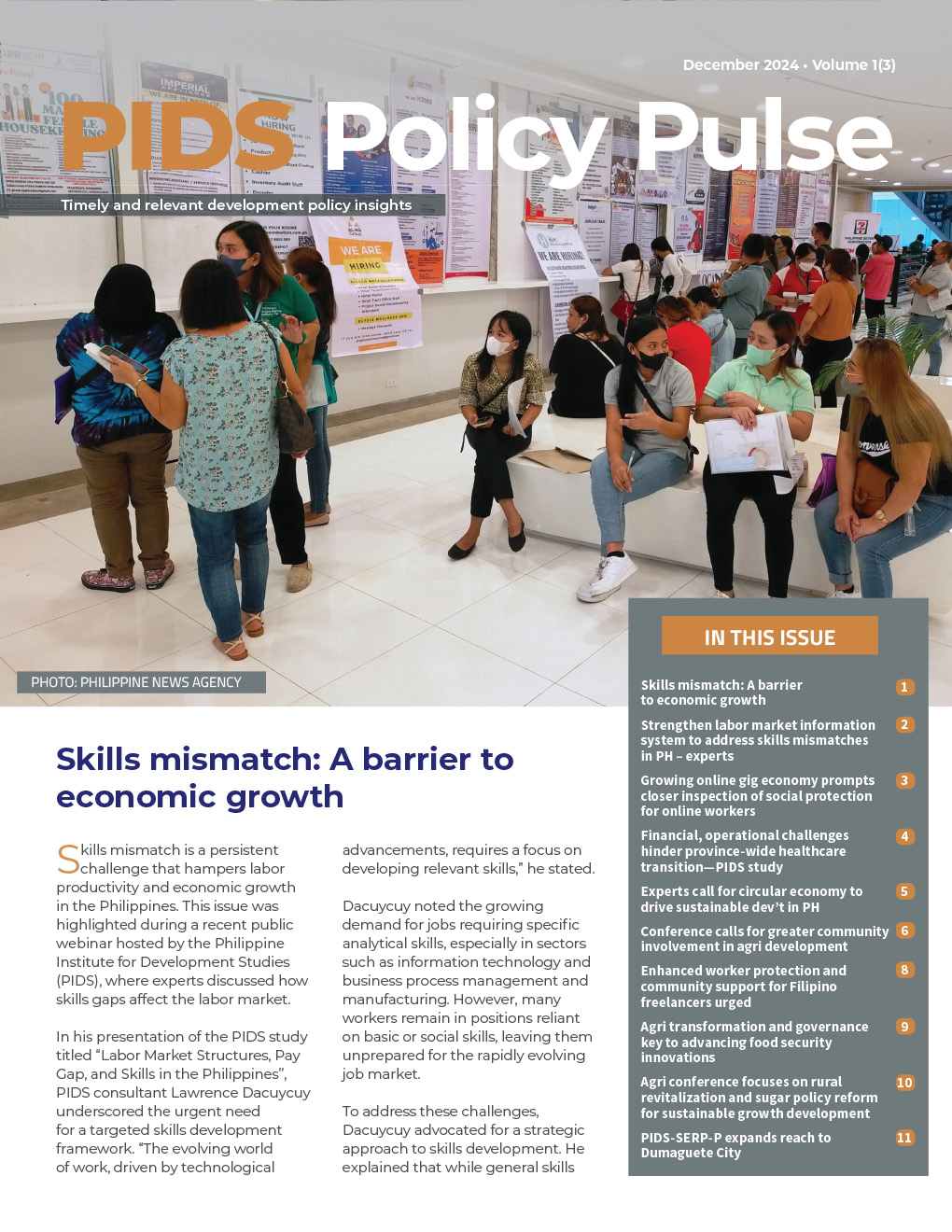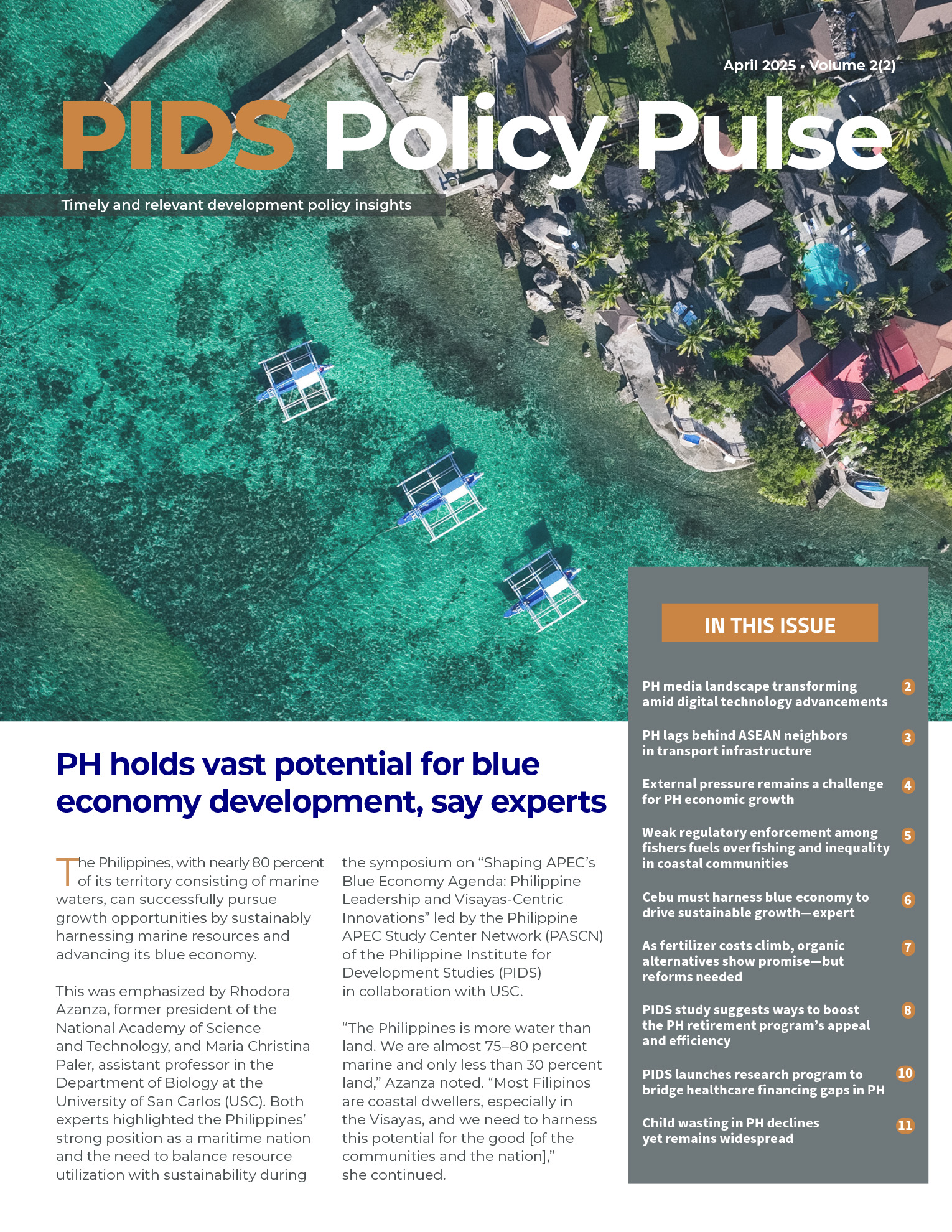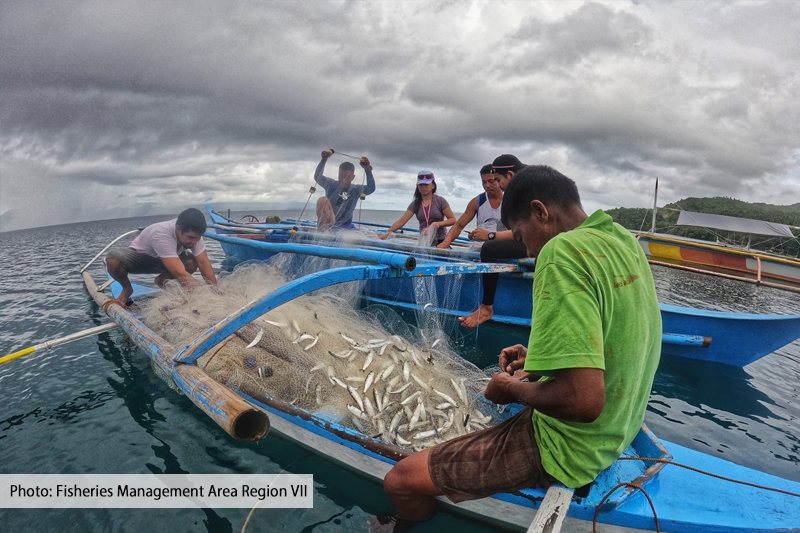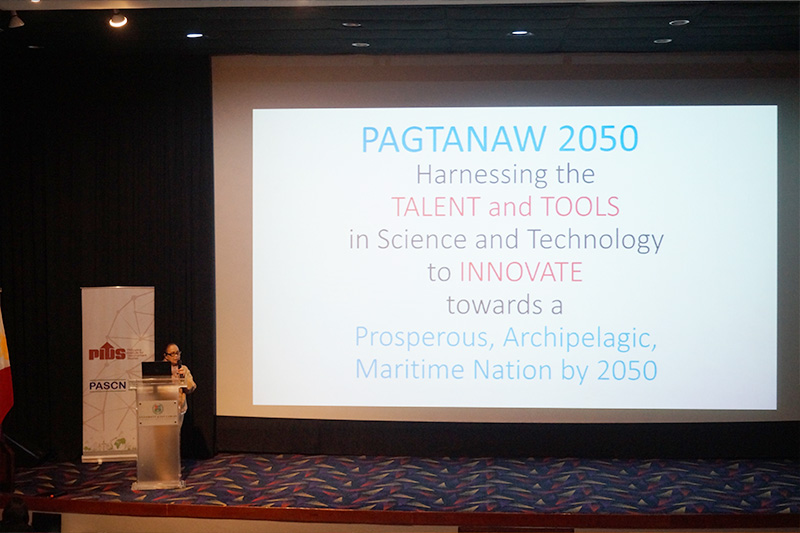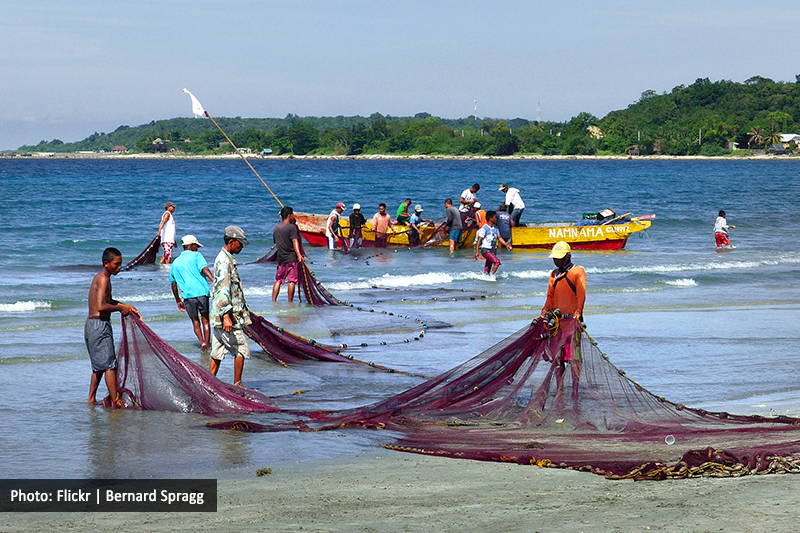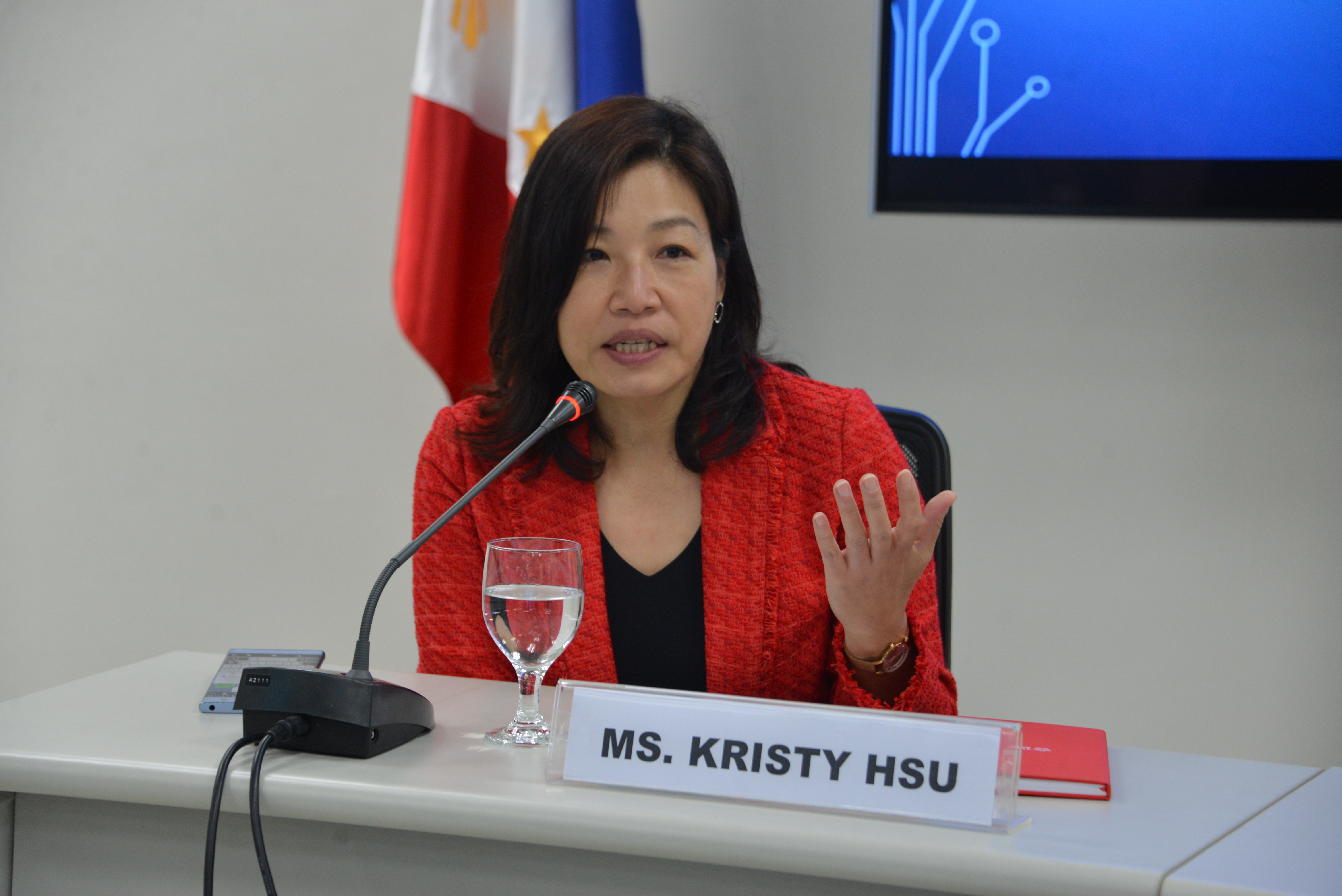
The Philippines continues to be a major source of manpower for Taiwan’s electronics industry.
This is according to Dr. Kristy Hsu, director of the Taiwan ASEAN Studies Center at the Chung Hua Institution for Economic Research (CHIER), during a recent public symposium jointly organized by the Philippine Institute for Development Studies, Philippine APEC Study Center Network, and CHIER.
Filipinos are currently the most important labor force in Taiwan’s technology companies, Hsu said.
“We have 122,000 Filipino workers in Taiwan. If you look at the breakdown of sectors, you will find that Filipino workers have a unique presence in computer and electronics [technology]. More than 60 percent of foreign workers in electronic parts [assembly] are from the Philippines. Filipino workers make up a major workforce in [Taiwan’s] large companies,” she said.
However, despite the country’s huge contribution to Taiwan’s labor force, Taiwan’s investment to the Philippines remains low compared to other Southeast Asian countries such as Thailand, Singapore, Malaysia, and Viet Nam.
“Unfortunately, only about 3 percent of our total investments goes to the Philippines. About one-third of our total investments goes to Viet Nam. Why? [This is] because of the population and government. Less democratic governments tend to be more efficient,” Hsu explained.
But, with the Southbound Policy in full swing, Hsu expressed confidence that the economic ties between Taiwan and the Philippines will reap positive results.
“In recent years, the bilateral relations [between the two countries] have moved toward a full-fledged partnership and friendship [by] entering into broader areas of cooperation such as trade, investment, education, labor, and human resources, including tourism, and [now] smart agriculture or aqua-agriculture,” she said.
She also noted that the Philippines is currently Taiwan’s fourth largest partner in terms of trade volume next to Singapore, Malaysia, and Viet Nam.
Meanwhile, Manila Economic and Cultural Office (MECO) Chairman and Resident Representative Mr. Angelito Banayo expressed MECO’s commitment to assist Taiwanese companies and investors who have plans of setting up businesses in the Philippines.
“We want to position the Philippines as the gateway of Taiwan to markets identified in its new Southbound Policy and as a hub for its global market access strategies”, he said, adding that in December 2017, MECO and the Taiwan Economic Cultural Office signed a new bilateral investment protection and promotion agreement, the first among ASEAN countries, to lay a strong foundation for investments coming from Taiwan. He said that this partnership is making some great strides.
Banayo said that Wistron, a computer manufacturing outfit of Acer Inc., Taiwan’s biggest computer firm, which left the Philippines for China in 2010, has decided to return and resume its major manufacturing operations in Subic last year. As a result, seven of the firm’s supply chain partners have followed suit and are now putting up shops in the country.
The New Kinpo Group, another major company in Taiwan that produces known brands such as Toshiba, Dyson, and Hewlett Packard, has also announced that it will establish its Southeast Asian hub in the Philippines. Banayo shared that the firm will also expand its current workforce in the country, from the current 10,000 to 18,000 full-time employees within the next two years.
Banayo said that while most of these electronics-based investments will have lower value effects on the country’s gross domestic product, they will help generate jobs, which is of great socioeconomic value to a country like the Philippines. ###
This is according to Dr. Kristy Hsu, director of the Taiwan ASEAN Studies Center at the Chung Hua Institution for Economic Research (CHIER), during a recent public symposium jointly organized by the Philippine Institute for Development Studies, Philippine APEC Study Center Network, and CHIER.
Filipinos are currently the most important labor force in Taiwan’s technology companies, Hsu said.
“We have 122,000 Filipino workers in Taiwan. If you look at the breakdown of sectors, you will find that Filipino workers have a unique presence in computer and electronics [technology]. More than 60 percent of foreign workers in electronic parts [assembly] are from the Philippines. Filipino workers make up a major workforce in [Taiwan’s] large companies,” she said.
However, despite the country’s huge contribution to Taiwan’s labor force, Taiwan’s investment to the Philippines remains low compared to other Southeast Asian countries such as Thailand, Singapore, Malaysia, and Viet Nam.
“Unfortunately, only about 3 percent of our total investments goes to the Philippines. About one-third of our total investments goes to Viet Nam. Why? [This is] because of the population and government. Less democratic governments tend to be more efficient,” Hsu explained.
But, with the Southbound Policy in full swing, Hsu expressed confidence that the economic ties between Taiwan and the Philippines will reap positive results.
“In recent years, the bilateral relations [between the two countries] have moved toward a full-fledged partnership and friendship [by] entering into broader areas of cooperation such as trade, investment, education, labor, and human resources, including tourism, and [now] smart agriculture or aqua-agriculture,” she said.
She also noted that the Philippines is currently Taiwan’s fourth largest partner in terms of trade volume next to Singapore, Malaysia, and Viet Nam.
Meanwhile, Manila Economic and Cultural Office (MECO) Chairman and Resident Representative Mr. Angelito Banayo expressed MECO’s commitment to assist Taiwanese companies and investors who have plans of setting up businesses in the Philippines.
“We want to position the Philippines as the gateway of Taiwan to markets identified in its new Southbound Policy and as a hub for its global market access strategies”, he said, adding that in December 2017, MECO and the Taiwan Economic Cultural Office signed a new bilateral investment protection and promotion agreement, the first among ASEAN countries, to lay a strong foundation for investments coming from Taiwan. He said that this partnership is making some great strides.
Banayo said that Wistron, a computer manufacturing outfit of Acer Inc., Taiwan’s biggest computer firm, which left the Philippines for China in 2010, has decided to return and resume its major manufacturing operations in Subic last year. As a result, seven of the firm’s supply chain partners have followed suit and are now putting up shops in the country.
The New Kinpo Group, another major company in Taiwan that produces known brands such as Toshiba, Dyson, and Hewlett Packard, has also announced that it will establish its Southeast Asian hub in the Philippines. Banayo shared that the firm will also expand its current workforce in the country, from the current 10,000 to 18,000 full-time employees within the next two years.
Banayo said that while most of these electronics-based investments will have lower value effects on the country’s gross domestic product, they will help generate jobs, which is of great socioeconomic value to a country like the Philippines. ###

